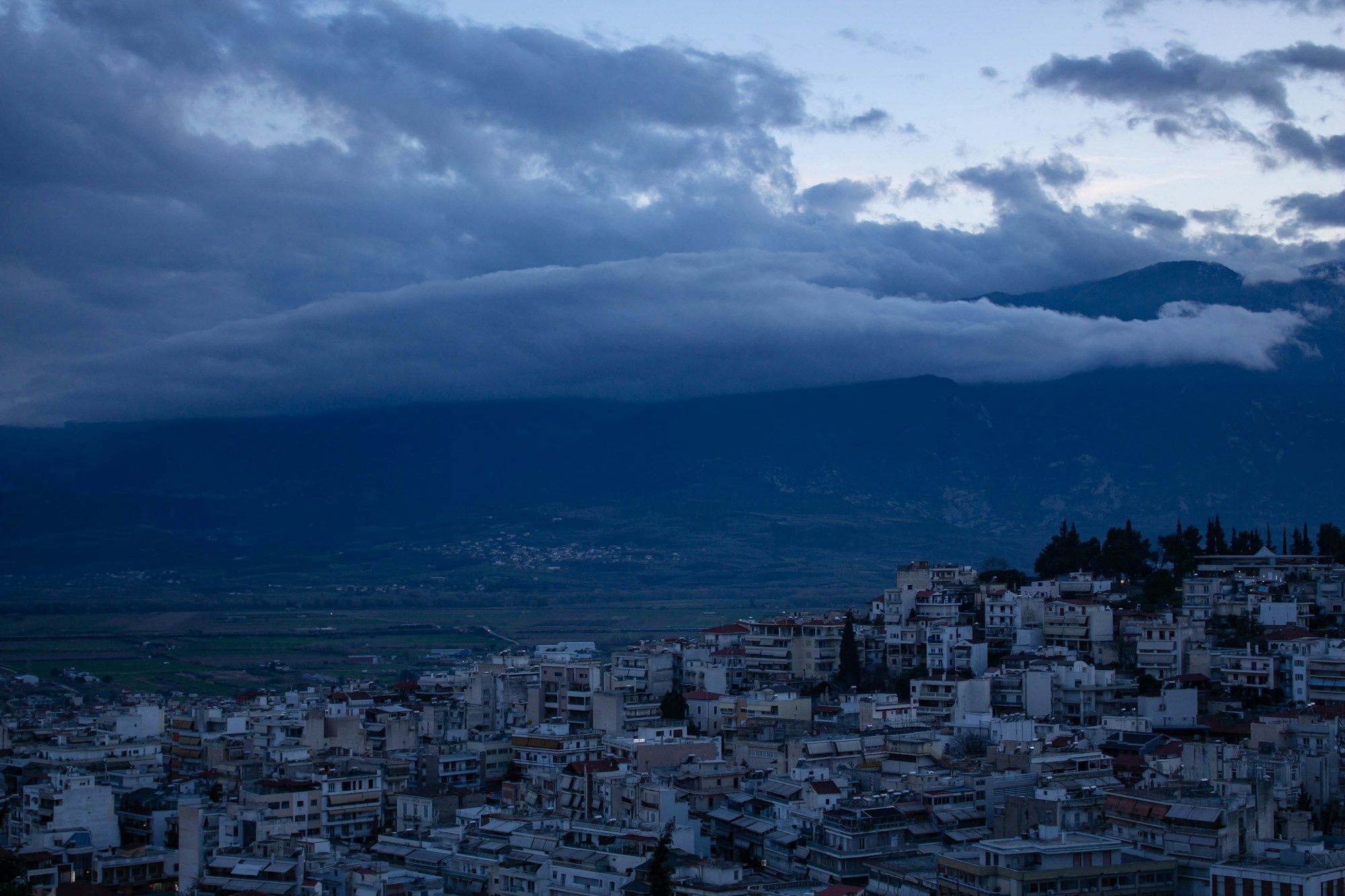Lamia Travel Guide: History, Traditions, and Festivals
Discover Lamia's rich history, vibrant traditions, and colorful festivals in this comprehensive travel guide.

History, Traditions, and Festivals: A Comprehensive Guide to Lamia
Introduction
Lamia, a picturesque city in Central Greece, offers a perfect blend of rich history, deeply embedded traditions, and vibrant festivals. Visitors to Lamia are welcomed by its unique charm, historical significance, and warm hospitality. This guide aims to provide in-depth insights into Lamia's captivating history, cultural practices, and festive celebrations.
Historical Context
Lamia has a history that stretches back thousands of years. The city has played an essential role in various historical epochs, from ancient Greece to the Byzantine era and beyond. Here are some key historical highlights:
- Ancient Lamia: The city's earliest known settlement dates back to the pre-Classical period. It is believed to have been named after the mythological Lamia, the daughter of Poseidon.
- Hellenistic and Roman Periods: Lamia was an important strategic location during the Hellenistic period and saw significant activity during the Roman era. The ancient walls and ruins still standing today are a testament to its glorious past.
- Byzantine and Ottoman Eras: During these periods, Lamia served as a military and administrative center, enhancing its regional significance.
- Modern History: In the 19th and 20th centuries, Lamia played a crucial role in Greece's War of Independence and subsequent events shaping the modern Greek state.
Architectural Marvels
Visitors can explore numerous historical sites and architectural marvels in Lamia, including:
- Lamia Castle: Perched atop a hill, this medieval fortress offers panoramic views of the city and surrounding landscape. Its origins date back to the 5th century BC, with modifications over subsequent eras.
- Archaeological Museum of Lamia: This museum houses artifacts from various historical periods, providing insights into the city's rich cultural heritage.
- Church of Agios Loukas: A beautiful Byzantine church, showcasing stunning frescoes and intricate architectural details.
- Lamia Public Garden: Established in the early 20th century, the garden features monuments and statues commemorating significant historical events and figures.
Cultural Practices and Traditions
The people of Lamia are known for their strong sense of tradition, which is reflected in their everyday lives, customs, and social practices. Here are some key cultural elements:
- Hospitality: Greek hospitality, known as "philoxenia," is deeply ingrained in the local culture. Visitors are warmly welcomed, often with traditional treats such as sweets or drinks.
- Greek Orthodox Christianity: Religion plays a significant role in daily life, with numerous religious ceremonies and festivals celebrated throughout the year. Traditional religious practices include church services, processions, and feasts.
- Music and Dance: Traditional Greek music and dance are integral to social gatherings and celebrations. Popular dances include the Kalamatianos and Sirtaki, often accompanied by live music featuring instruments like the bouzouki and lyra.
- Cuisine: Lamia's culinary traditions are a reflection of its rich history and agrarian lifestyle. Local dishes emphasize fresh ingredients, bold flavors, and traditional cooking methods. Must-try dishes include "souvlaki," "moussaka," and "tzatziki."
Festivals and Celebrations
Lamia hosts a variety of festivals and celebrations throughout the year, each offering unique experiences and insights into the local culture. Here are some of the most notable ones:
- Carnival (Apokries): This festive season, leading up to Lent, is marked by colorful parades, masquerades, dancing, and feasting. The highlight is the Grand Parade, where locals and visitors alike participate in lively street celebrations.
- Greek Orthodox Easter: Easter is the most significant religious festival in Greece. The Holy Week leading up to Easter Sunday is filled with religious services, processions, and traditional events, culminating in a grand feast featuring lamb and other delicacies.
- Agios Loukas Festival: Celebrated in October, this festival honors Saint Loukas, the patron saint of Lamia. The festivities include religious services, processions, cultural performances, and local markets offering traditional crafts and foods.
- National Independence Day: Celebrated on March 25th, this day commemorates Greece's declaration of independence from the Ottoman Empire. The day is marked with patriotic parades, speeches, and various cultural events.
- Lamia Wine Festival: Held in late summer, this festival celebrates the region's winemaking traditions. Visitors can enjoy wine tastings, culinary demonstrations, and live entertainment.
Local Anecdotes and Interesting Facts
As you explore Lamia, keep an eye out for these interesting anecdotes and facts:
- Legend of Lamia: According to Greek mythology, the city is named after Lamia, a beautiful queen who became a monster after her children were taken by Hera. The mythological roots add a sense of mystique to the city's name.
- Famous Residents: Lamia has been home to several notable figures in Greek history, including generals and politicians who played significant roles in the country's development.
- Strategic Location: Due to its strategic location, Lamia has seen numerous battles and conflicts over the centuries, influencing its architectural and cultural landscape.
- Archaeological Discoveries: Ongoing archaeological excavations continue to uncover fascinating artifacts and ruins, shedding light on the city's ancient past.
- Naturally Beautiful Surroundings: The city's surrounding countryside offers stunning natural landscapes, perfect for outdoor activities like hiking, trekking, and bird-watching.
Conclusion
With its rich history, preserved traditions, and vibrant festivals, Lamia offers an unforgettable experience for visitors. Whether you are intrigued by ancient ruins, cultural practices, or lively celebrations, Lamia has something special to offer. Make sure to explore all facets of this charming city and immerse yourself in its unique heritage.
